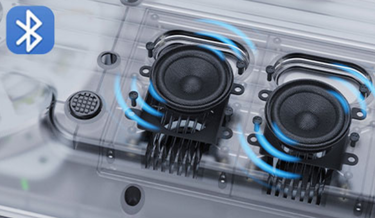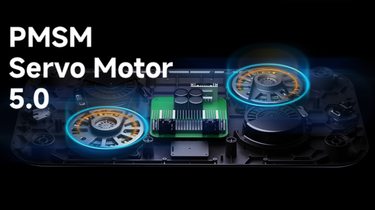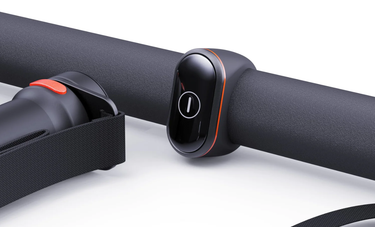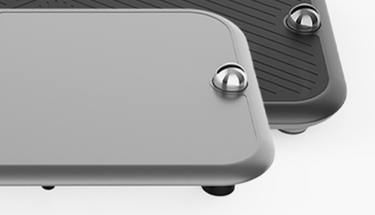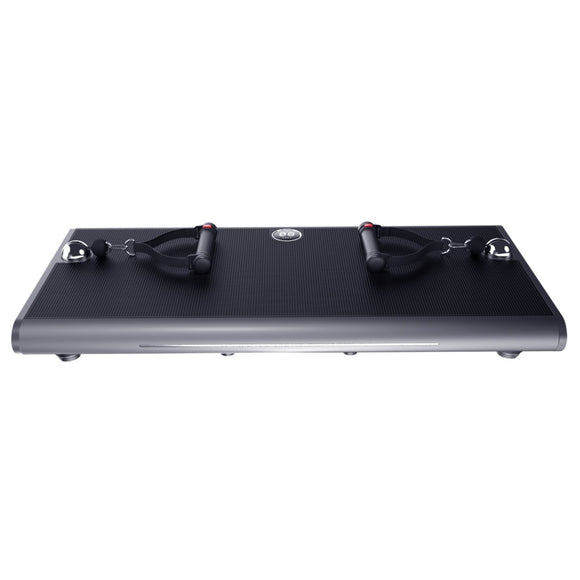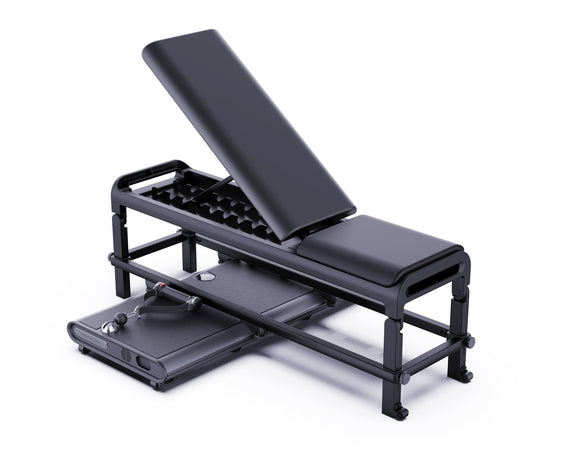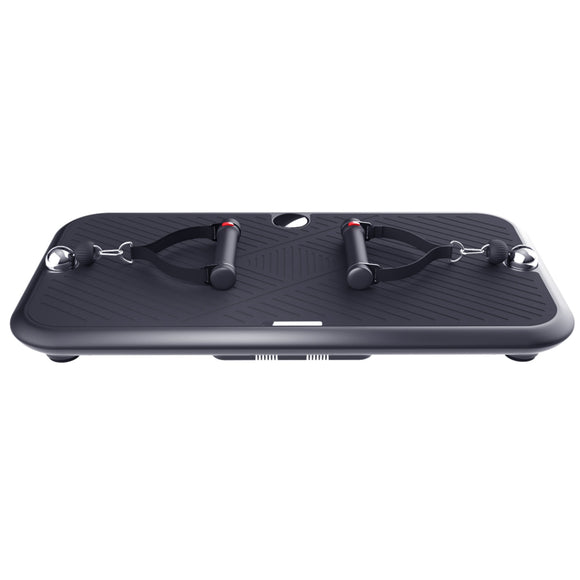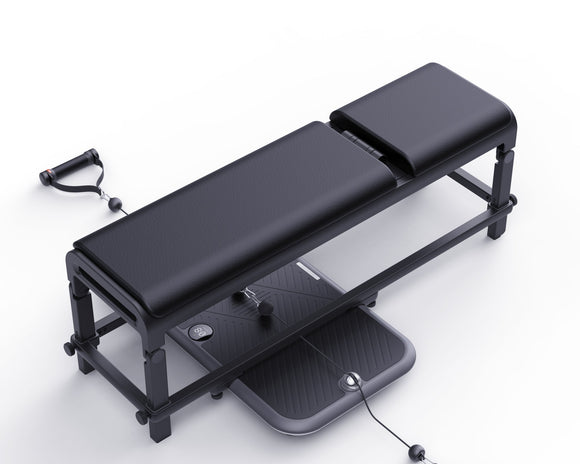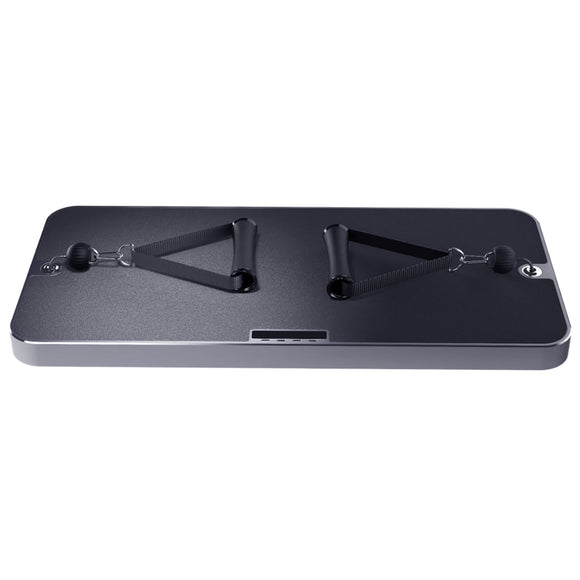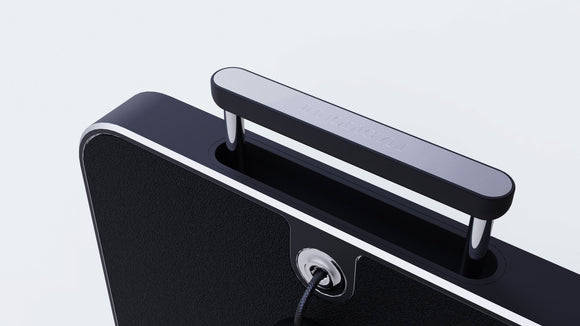Yesoul vs Peloton: Which Smart Bike is Right for You
Use this text to share information about your store with your customers. Describe a product, share announcements, or welcome customers to your store.
When choosing a smart exercise bike, two popular names often come up: Yesoul and Peloton. Both brands offer advanced features that cater to home workout enthusiasts, but there are key differences that may influence your choice.
1. Price and Affordability
One of the biggest distinctions between Yesoul and Peloton is price. Yesoul is known for offering budget-friendly options that bring essential smart-bike features without the hefty price tag. Peloton, however, is a premium brand with higher costs due to its extensive app-based features and well-known classes. If budget is a priority, Yesoul provides a cost-effective entry into smart cycling.
2. Classes and Training Content
Peloton leads in class variety, offering live and on-demand classes led by professional trainers. Their well-curated classes and structured programs keep users motivated and are a big selling point for Peloton fans. Yesoul also has an app with a growing selection of classes, though it may not match Peloton’s variety and production quality. Still, for many users, Yesoul’s app provides adequate guided workouts to meet their fitness goals.
3. Build Quality and Design
Peloton bikes are known for their sturdy build and sleek design, making them suitable for intense daily workouts. Yesoul bikes, while generally well-built, may have a lighter frame, which is ideal for standard home use but may not feel as durable for intense riders.
4. Connectivity and Smart Features
Both Yesoul and Peloton offer Bluetooth connectivity to track your metrics and sync with fitness apps. Peloton’s software ecosystem is more established, allowing seamless integration with various fitness apps. Yesoul, though simpler, covers essential metrics and connects well with popular apps like Zwift and Kinomap, catering to a more basic user experience.
5. User Community
Peloton boasts a large, active user community, which many find motivating. Yesoul’s community is smaller but growing, and it offers a good space for beginners or those who want a more cost-effective entry into connected fitness.


